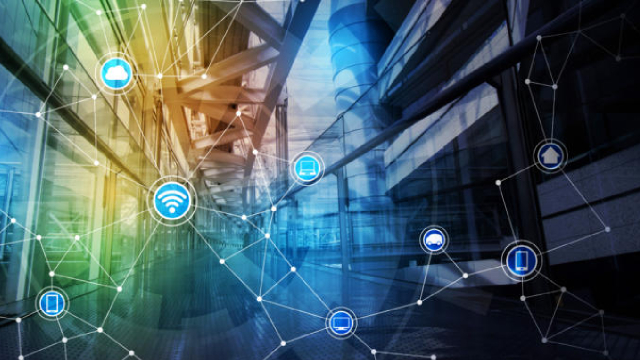Palo Alto Networks’ FQ2 Results: The Uptrend in Cybersecurity with AI Continues
The second quarter financial results of Palo Alto Networks (PANW) were recently announced, and while they didn’t meet the high expectations set by Wall Street analysts, the company’s CEO, Nikesh Arora, remains optimistic about the future. In his statement, Arora emphasized the importance of artificial intelligence (AI) and advancing digital technologies in the cybersecurity industry.
Why AI is Good for Business in Cybersecurity
According to Arora, as digital technologies advance, so does the need for robust security measures. AI is a key component in this regard, as it enables organizations to stay ahead of evolving cyber threats. With machine learning capabilities, AI can analyze vast amounts of data and identify patterns that may indicate a potential security breach, allowing for quicker response times and more effective threat mitigation.
The Impact on Consumers
For consumers, the integration of AI in cybersecurity means increased protection for their personal information. As more businesses adopt AI-powered security solutions, the risk of data breaches and cyberattacks decreases. This not only offers peace of mind but also helps maintain trust between businesses and their customers.
- Improved security: AI can analyze user behavior and detect anomalies, helping prevent unauthorized access and data breaches.
- Increased efficiency: AI can automate repetitive tasks, freeing up time for security analysts to focus on more complex threats.
- Enhanced user experience: AI can learn user preferences and tailor security settings accordingly, creating a more personalized and seamless experience.
The Impact on the World
On a larger scale, the use of AI in cybersecurity will have a significant impact on the world as a whole. As more industries and sectors adopt these advanced technologies, the risk of cyber threats will decrease, leading to increased productivity, innovation, and economic growth.
- Secure global commerce: AI can help secure international transactions and protect businesses from cyber threats, fostering a more stable global economy.
- Enhanced national security: Governments can use AI to monitor and secure their digital infrastructure, safeguarding sensitive information and maintaining national security.
- Improved public safety: AI can be used to analyze data from various sources to detect and prevent potential threats to public safety, such as terror attacks or natural disasters.
Conclusion
In conclusion, while Palo Alto Networks’ FQ2 results may not have been the inflection point some analysts had hoped for, the continued integration of AI and digital technologies in cybersecurity is a positive sign for the industry. By enabling more effective threat detection and response, AI not only benefits businesses but also enhances consumer privacy and protects the global economy. As we move forward, the role of AI in cybersecurity will only become more crucial, shaping the future of digital security and driving innovation in the tech industry.
In the words of Nikesh Arora, “AI and advancing digital technologies are good for cybersecurity businesses because with each advancement comes the need for increased and advancing security.”





